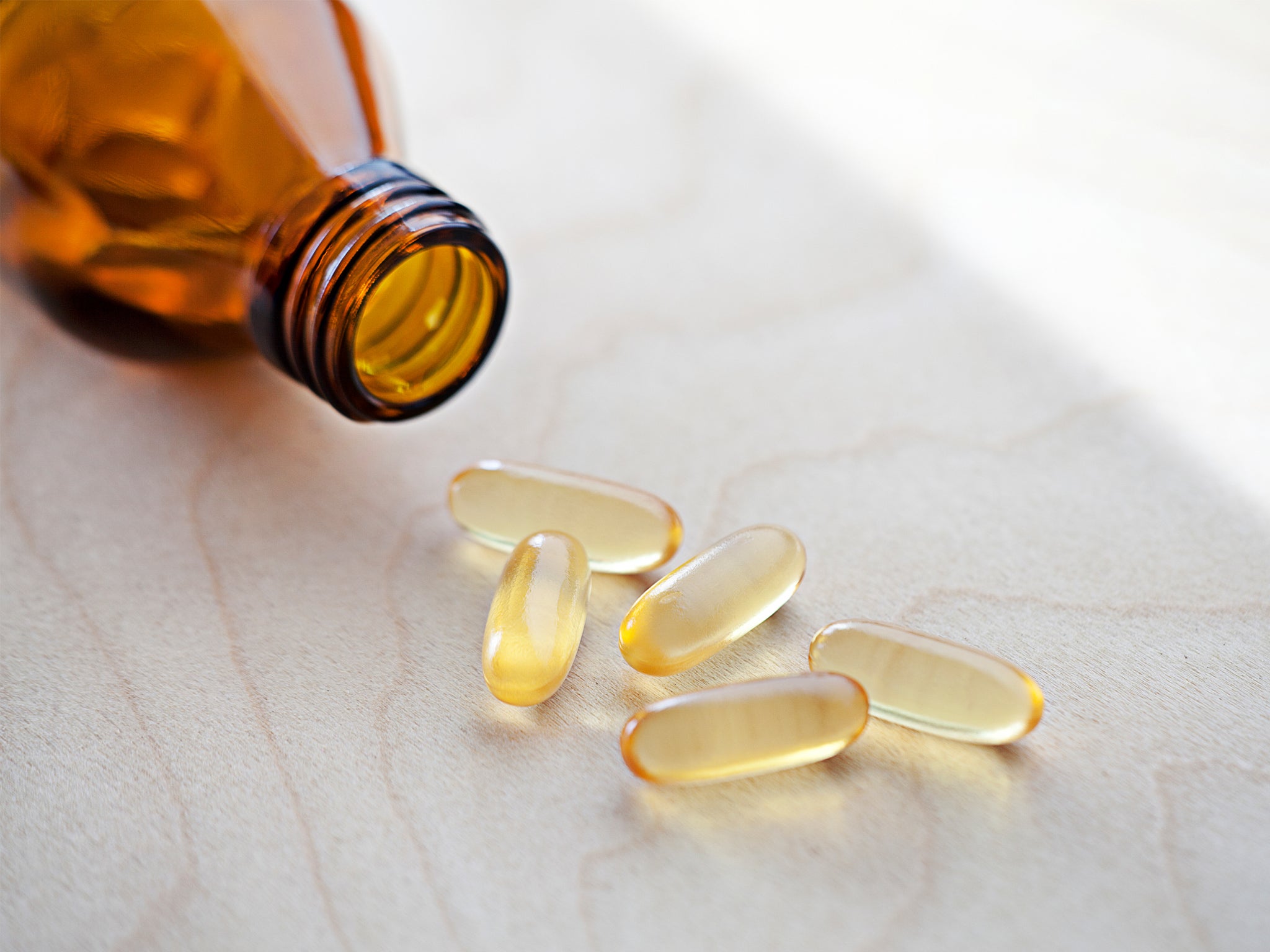Coronavirus: High intake of vitamins A, E and D linked to fewer respiratory illnesses, says study
Scientists look at thousands of adults over eight years

Your support helps us to tell the story
From reproductive rights to climate change to Big Tech, The Independent is on the ground when the story is developing. Whether it's investigating the financials of Elon Musk's pro-Trump PAC or producing our latest documentary, 'The A Word', which shines a light on the American women fighting for reproductive rights, we know how important it is to parse out the facts from the messaging.
At such a critical moment in US history, we need reporters on the ground. Your donation allows us to keep sending journalists to speak to both sides of the story.
The Independent is trusted by Americans across the entire political spectrum. And unlike many other quality news outlets, we choose not to lock Americans out of our reporting and analysis with paywalls. We believe quality journalism should be available to everyone, paid for by those who can afford it.
Your support makes all the difference.High intakes of vitamins A, D and E are associated with fewer respiratory problems, according to the authors of a new study, who are calling for more research into the nutrients’ impact on Covid-19.
Adults taking these vitamins - either through food or as supplement - were less likely to report respiratory complaints, the research has suggested.
Problems ranged from chesty coughs, to other long-term conditions such as chronic obstructive pulmonary disease and asthma.
It comes after research in the US found Vitamin D can reduce the risk of coronavirus infection and suffering complications from the virus.
Meanwhile, a London university has launched a major study looking into whether vitamin D protects against coronavirus, with the lead researcher saying there is “mounting evidence" the vitamin may "reduce the risk of respiratory infections".
In June, the National Institute for Health and Care Excellence (Nice) said there was no evidence to support taking vitamin D supplements to reduce the risk or severity of Covid-19.
The new long-term study - published in journal BMJ Nutrition, Prevention and Health - found vitamin D intake from supplements reduced the liklihood of the adults studied reporting respiratory complaints.
Vitamin A and E intake - both from diet and supplements - also gave the same results.
“These findings provide some basis for further research into the value of vitamin intake up and beyond recommended dietary intake," the researchers said.
Their study - which spanned for eight years - found 33 cases of self-reported respiratory complaints among the 6,100 adults looked at.
The researchers - including from Imperial College London, the London School of Hygiene and Tropical Medicine - also said: "Our findings are consistent with the hypothesis that supplementation is critical to ensuring adequate vitamin D status is maintained and potentially indicate that intake of vitamin D from diet alone cannot help maintain adequate vitamin D status."
The team said further research is needed "to assess the implications of the current study in the context of the current coronavirus disease" pandemic.
Matt Hancock, the UK health secretary, has ordered a review into the use of vitamin D for preventing coronavirus after previously saying it did not appear to have any effect.
Additional reporting by Press Association



Join our commenting forum
Join thought-provoking conversations, follow other Independent readers and see their replies
Comments